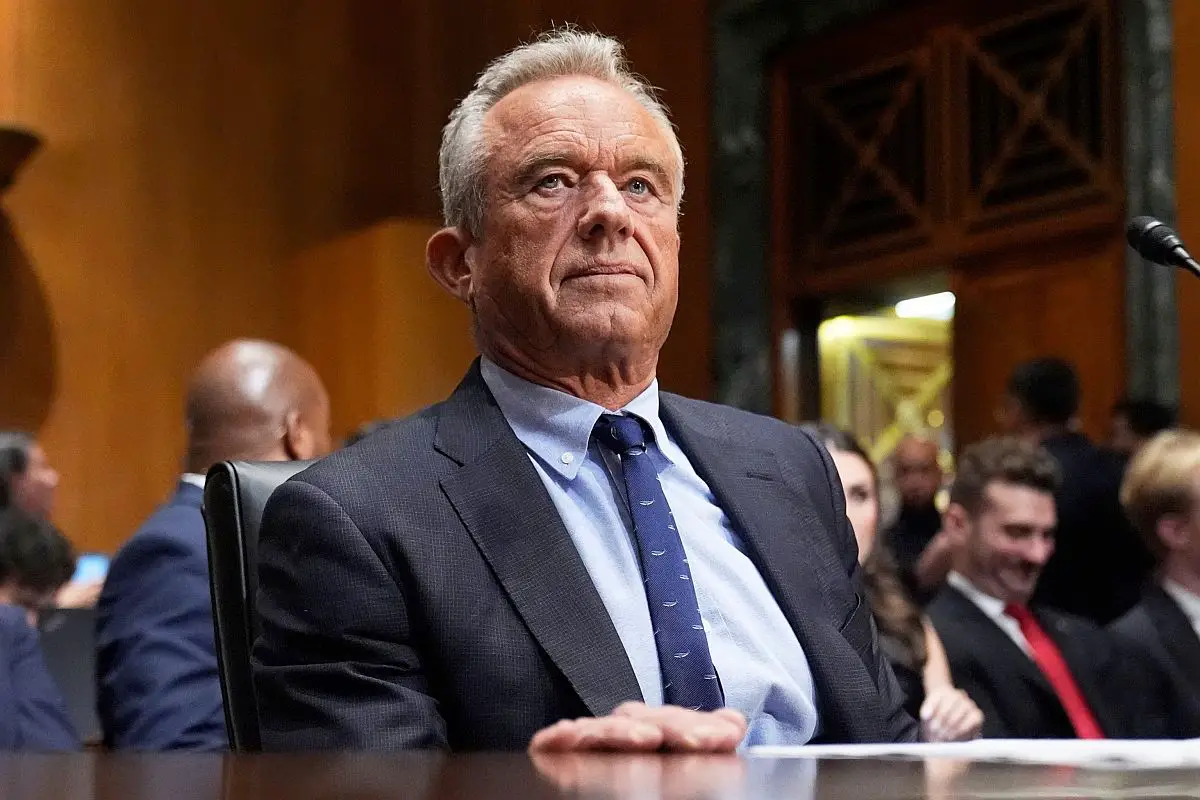The Trump administration released the second phase of its “Make America Healthy Again” strategy this week, a sweeping plan that Health Secretary Robert F. Kennedy Jr. says is aimed at breaking the grip of pharmaceutical and corporate interests on public health.
The report zeroes in on children’s health, calling for changes to food, drug, and chemical policies that Kennedy argues have been steered for years by industry lobbyists rather than the public good.
“For too long the CDC and FDA have worked hand in hand with the corporations they are supposed to regulate,” Kennedy said during the rollout. “This plan is about putting families and children first instead of protecting profits.”
What’s in the Report
- School meals: Bring back whole milk and improve access to real, nutrient-rich food instead of processed substitutes.
- Food and drug marketing: Restrict how companies can advertise unhealthy products to children.
- Chemicals and pesticides: Require more transparency in EPA approvals and tougher reviews of safety data.
- Infant formula standards: Launch “Operation Stork Speed” to improve testing, safety, and support for breastfeeding.
- Screen time: Fund research on the health effects of heavy screen use and treat it as a public health issue.
- Vaccine policy: Commission independent studies and review current schedules to rebuild trust.
- Water fluoridation: Reevaluate the practice and study long-term safety.
- SNAP reform: Encourage healthier food purchases through federal nutrition programs.
- Industry partnerships: Work with businesses to steer consumers toward better choices.
- Vaping enforcement: Strengthen crackdowns on flavored products and illegal sales targeting kids.
Supporters and Critics
Backers of the plan say it marks a turning point in public health reform. Kennedy is finally tackling the ties between regulators and corporations that have fueled rising rates of obesity, diabetes, and autoimmune disorders in children. It’s a move that serves as a much-needed reset, especially after public trust was torched during COVID.
Public health groups, mostly funded by pharma and other interests, have pushed back, warning that questioning vaccine schedules and water fluoridation could undercut long-standing protections.
Despite that criticism, the rollout signals Kennedy’s determination to take on powerful industries. By focusing on childhood health and transparency, the MAHA plan is designed to frame the administration as willing to challenge Big Pharma and Big Food, where past leaders would not.
For Kennedy, the message is simple: American families deserve health policies written for them, not for the corporations profiting from their struggles.
